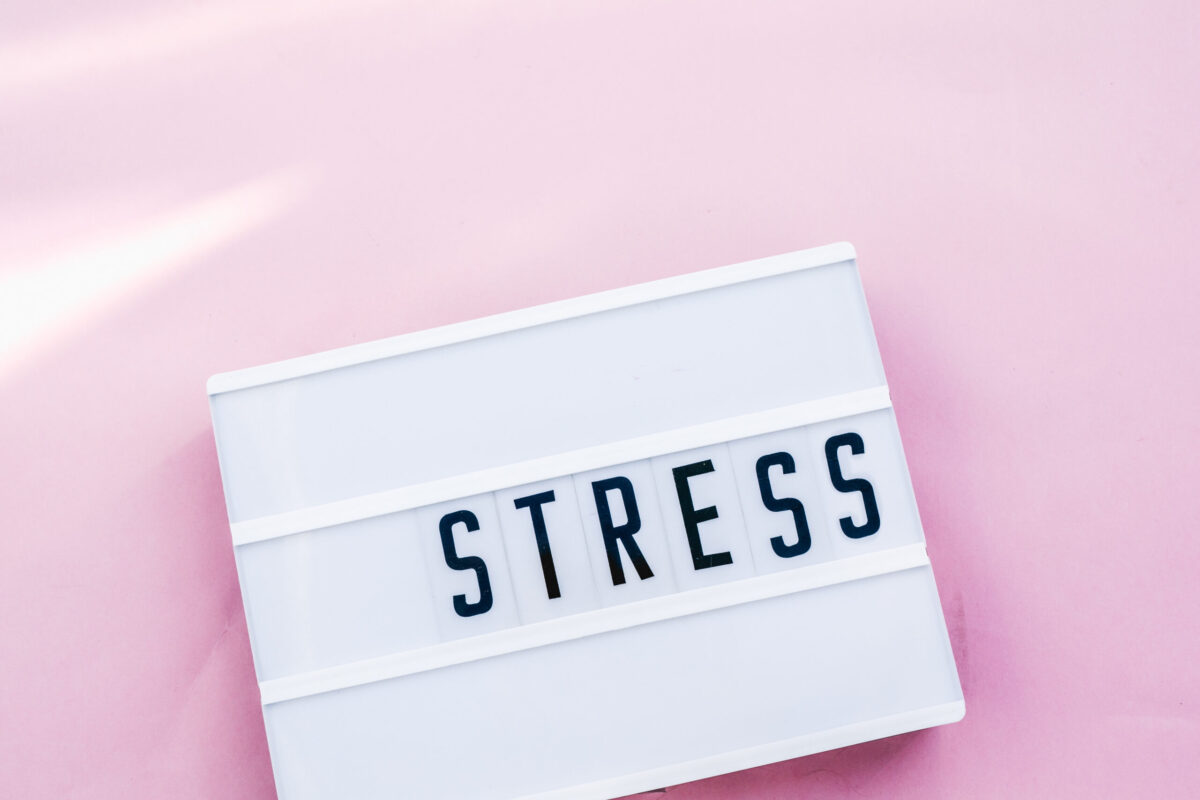Stress is a serious and growing concern among Americans. More than 26% of adults anticipated experiencing more stress during 2023. And, 27% are feeling so stressed most days that they can’t even function.
“Through the pandemic, we all have experienced a collective crisis,” says Laura Bertrand, a licensed professional counselor and mental health expert at BlueCross BlueShield of Tennessee. “That, combined with economic and other insecurities, can be sources of major trauma in our lives.”
“While stress may be unavoidable, it doesn’t mean you can’t do something about it,” Laura says. “The first step is to identify where your stress is coming from. Then, you can create a plan to manage it.”
Key drivers of stress
Laura: Everyone has a source—or multiple sources—of stress in their life. Common drivers of stress include:
- Money. Paying for housing, education and healthcare are among the many sources of money-related stress.
- Overscheduled calendars. If you feel that you’re being pulled in too many directions, you probably are.
- Family obligations. You may be juggling children, aging parents, a partner and other relatives to whom you have responsibilities.
- Health problems. It can be very stressful (and expensive) to have a chronic disease to manage. Plus, stress can contribute to health problems, too, such as high blood pressure and heart disease.
- Work. Whether you’re looking for a new job or just trying to please your current boss, work is a perpetual stressor.
- Politics. Politics and political disagreements tend to raise everyone’s stress levels.
- Existential worries. Are you worried about climate change or artificial intelligence or other concerns? That can also add to your stress level.
Strategies for managing stress in a healthy way
Laura: Now that you’ve thought about what’s stressing you out, you can begin to take some steps toward managing that stress. It’s not that you can necessarily make those stressors go away, but you can learn to handle them in a healthier way.
1. Address unhealthy habits
During the pandemic, many people began responding to the stress by drinking more alcohol, eating more unhealthy foods, and embracing other less-than-healthy coping strategies. It may be uncomfortable to acknowledge any unhealthy habits you’ve picked up, but they could be harming your overall health and adding to your stress.
2. Don’t be afraid to say no
Agreeing to take on another task, serve on a committee, or organize an event may take your already high stress levels into the stratosphere. Say “no” to things that will tax you too much.
3. Sleep more
When you don’t get enough sleep, your body stays in a stressed state. It releases more of the stress hormone cortisol. Your memory and judgment suffer, along with your body. Stress may be interfering with your ability to get the sleep you need, but it’s worth making the effort to find ways to address this issue.
4. Find exercise that appeals to you
Exercise is a well-known stress buster. You just have to find a type that works for you. You may enjoy a class at the gym or doing exercises in your living room. Find something that you enjoy because you’ll be more likely to stick to it.
5. Log off
Spending excessive amounts of time online may be making you feel worse. If social media is making you feel more stressed, it may be time to set limits on your usage.
6. Limit time with certain people
Certain people seem to have a knack for driving up your stress levels. Consider limiting the amount of time you spend with people who drain your energy or make you anxious.
7. Delegate
If you have the resources to delegate responsibilities that stress you out, do it. Delegating can actually prevent stress and reduce burnout in the workplace, and it might have similar benefits in your home.
8. Get involved
If you’re feeling stressed about the state of the world, getting involved might actually make you feel better. When you feel like you’re doing something positive, that creates hope, and that can reduce stress.
9. Examine your diet
Many of us tend to crave (and eat) salt, sugar and fat, when we’re stressed, which can negatively affect our health. You don’t have to completely overhaul your diet to make it healthier. You can add just one or two healthy foods (or eliminate one or two unhealthy foods) per day to make a positive impact.
“If you feel like you need more support in managing your stress, consider seeking out a mental health professional,” Laura says. “It may help just to have an unbiased person to talk to.”
BlueCross BlueShield of Tennessee members have access to a behavioral health case manager as part of their benefits. When enrolled in the behavioral healthcare program, they receive on-on-one support from a licensed behavioral health clinician.
More from Laura Bertrand on WellTuned.
Get more information about specific health terms, topics and conditions to better manage your health on bcbst.com. BlueCross BlueShield of Tennessee members can access wellness-related discounts on fitness products, gym memberships, healthy eating and more through Blue365®. BCBST members can also find tools and resources to help improve health and well-being by logging into BlueAccess and going to the Managing Your Health tab.





